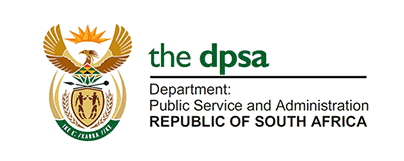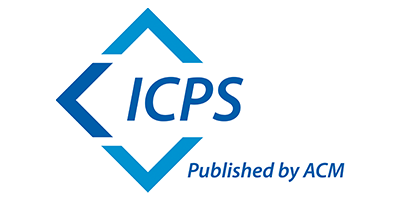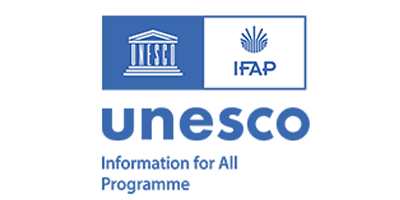▢ About
Emerging technologies, be it language models underpinning AI, machine learning, algorithmic decision-making, biometric identification systems, new forms of automation, or autonomous networks, require new approaches to digital governance. Discussions are needed for digital transformation and innovation initiatives at government agencies of different levels and domains, their drivers and motivations, technical and non-technical enablers, the processes and strategies they adopted, the barriers and challenges they faced, their critical success factors, and their impact on various aspects of performance. This Track focuses on new and replicable ways to use emerging technologies to revolutionize how digital public services are provided and produced by transforming the administration’s organizational, semantic, and technological aspects. This may include process re-engineering, the application of “once-only” principles to data and systems, establishing paperless and “beyond bureaucracy” practices, innovative service delivery ecosystems, deployment of AI, automation of internal operations, improvement of productivity, skills and competencies of the public servants or improving access to government information and public services by citizens and businesses. The track also considers research on the innovative governance models and strategies related to emerging technologies in the industry, such as the ESG (Environmental, Social, and Governance) strategy, or the collaboration with other governance entities in the industry. Open innovation, including Civic-Tech innovations, requires new ways of governance, collaboration, co-design, and co-development. This Track also invites papers analysing, exploring, and anticipating main trends in public services delivery and governments operations.








